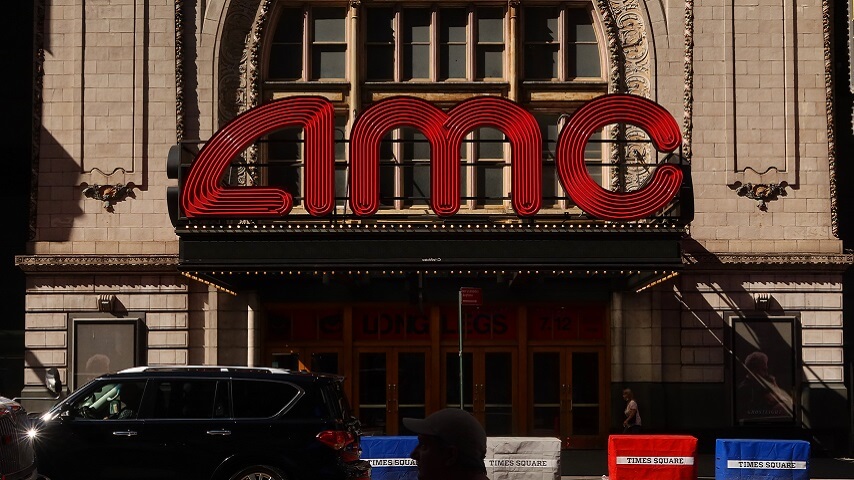Visionary Connecticut bill would force movie theaters to tell you when the movie actually starts
A bill recently proposed in the Connecticut state senate would force theaters to list the start time for ads and the start time for the movie.
Photo: Gary Hershorn/Getty Images
We can’t speak for any of you, but we had a moment of epiphany some time circa 2023: There was absolutely no reason on God’s green Earth for us to get to a chain movie theater at the time the film actually said it was starting. This moment of time-saving enlightenment was brought to us after realizing that the length of the pre-roll at our local Cinemark was not only getting onerous, but consistent: If the movie proper isn’t going to begin until 25 full minutes after the listed start time, every time, why roll in any sooner than 20 after?
Hence our delight at a recent piece of visionary legislation put forward by a state senator in Connecticut, which would require movie theaters to list, not just the “start time,” but the actual time the movie starts. Per CT Insider, State Senator Martin Looney has proposed a bill that would “require that each movie advertisement or listing include, and separately list, the scheduled start time for (1) the movie trailers and advertisements that precede the advertised or listed movie, and (2) the advertised or listed movie.” Amen, brother.
We were curious about how much movie theaters actually get from the increasingly extensive commercials that chains run in front of movies, so we poked around in AMC’s most recent financial disclosures. The company’s statements break down revenues into ticket sales, food and drink, and “other theater,” the latter presumably containing the money it gets from running ads. That sum (which almost certainly also includes other revenue streams; we don’t know how those fuckable popcorn buckets and other concession stand merch get counted, for instance) added up to roughly 10 percent of the company’s revenue. So, a not inconsiderable chunk of change.
To our minds, the issue facing theaters here is two-fold. First, the internet has basically killed the trailer hype business: With the exception of a few deliberate efforts to withhold things, most people have seen most of the trailers they get shown ahead of movies well before they ever make their way into the theater, so the actual appeal of seeing a preview has been largely nullified. And second, these ads are—as we noted with our own lifehack up top—extremely easy to avoid. TV advertising catches eyes because it interrupts the thing you actually want to see; online pre-rolls, meanwhile, can directly block you from watching your show or movie until you’ve let the full ad play. Movie ads are as easy to dodge as booking your seat in advance, taking an extra 20 minutes to relax, and then walking into the theater 15 seconds before the opening credits actually start to roll. The Connecticut law would just make this process more explicit; the real question is whether advertisers would respond by cutting back ad spending, putting the theaters in an even worse financial position than they already have been in the post-pandemic lockdown slump.